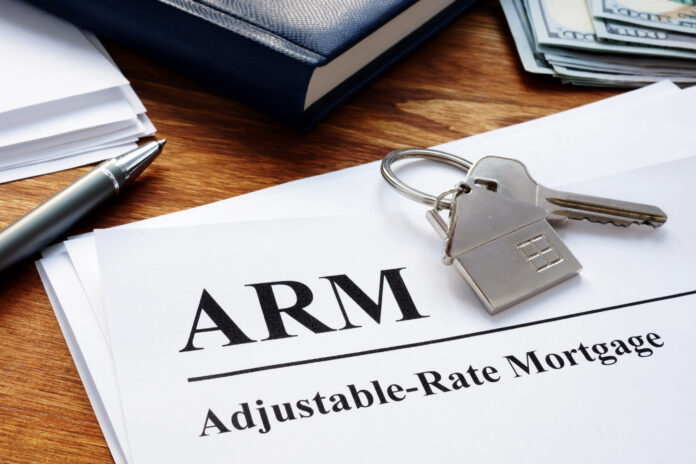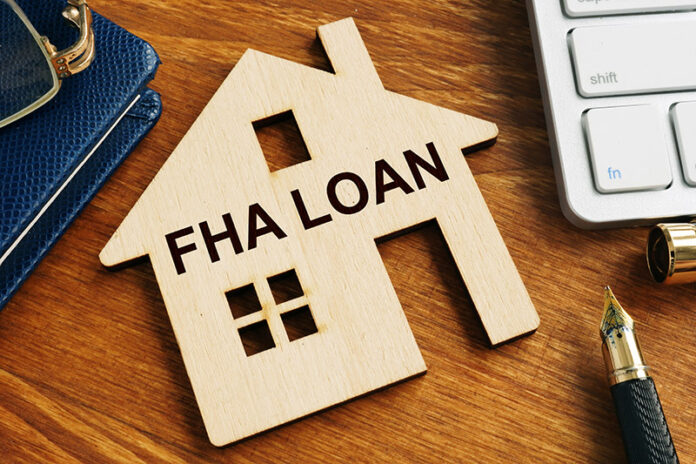Property financing is an essential and financially complex component of the American real estate market. When it comes to buying a home or investment property, understanding the wide range of available financing options is critical for getting the most out of your purchase. Most people look to southern states like Florida for financing properties in retirement, and ‘there are nearly 2 million homeowners aged 62 and older in the Sunshine State’, as per All Reverse Mortgage, one of the best partners for Florida reverse mortgage origination.
The Different Types Of Property Financing Strategies Available In Your State Government-Sponsored Programs

The US government offers several programs aimed at helping buyers purchase properties with favorable terms. The Federal Housing Administration (FHA) provides mortgage insurance that gives borrowers access to lower down payment requirements, more relaxed credit score standards, and competitive interest rates. VA loans offer similar benefits for veterans or active service members. Fannie Mae and Freddie Mac are two other government-sponsored entities that provide mortgage programs with competitive rates and terms, such as allowing buyers to borrow up to 97% of a home’s value without having to pay private mortgage insurance (PMI).
Conventional Mortgage Loans

You may consider pursuing a conventional loan from a bank or other financial institution if you don’t qualify for one of these government-sponsored programs. Conventional loans generally require higher credit scores than those offered through government-sponsored programs. However, they may still provide more favorable terms than if you were to go through another lender. An experienced loan officer can help you shop around for the best rates and terms on conventional mortgages.
Non-Conventional Loans

In addition to traditional mortgage loans, non-conventional loan options are available across the US. These may include alternative financing methods such as hard money loans or bridge loans, which allow buyers with cash flow issues to bridge a gap between purchasing a property and when they can secure permanent financing. Some non-traditional lenders specialize in providing creative solutions outside of traditional lending models. However, these lenders often charge high-interest rates, so it’s essential to weigh all options carefully before taking out a loan from them.
Home Equity Loans/Lines of Credit
Suppose you own property but need additional funds for renovations or other purposes. In that case, you may be able to leverage your existing equity by taking out a home equity loan or line of credit (HELOC). This type of loan uses your current home equity as collateral against which you can borrow funds with favorable repayment terms over time. However, it’s important to note that if you are unable to make payments on time or default on your loan altogether, then your house could be foreclosed upon by lenders, so proceed with caution here! Additionally, HELOCs typically require closing costs, so factor those into the overall cost before signing any documents.
Adjustable-Rate Mortgages (ARMs)

An adjustable-rate mortgage (ARM) is another popular option for financing a property purchase. An ARM is a loan with an interest rate that fluctuates based on economic conditions and market forces. The initial rate is usually lower than a fixed-rate mortgage, but it will rise or fall depending on economic conditions. ARMs often have caps on how much the rate can change over time, so it’s important to understand these terms before signing up for one.
FHA Loans

FHA loans are government-backed loans designed for first-time homebuyers or those with low credit scores. These loans offer more lenient eligibility requirements and allow borrowers to use gift funds from family members as part of their down payment requirement. FHA loans also typically require lower down payments than traditional conventional loans and may come with lower closing costs as well.
VA Loans

VA loans are government-backed loans designed specifically for military veterans, active duty personnel, and surviving spouses who wish to purchase a home or refinance an existing mortgage at favorable terms and rates. VA loans are one of the most attractive forms of financing available since they require no down payment at all and come with attractive interest rates that are typically lower than those offered by conventional lenders. VA loans also do not require private mortgage insurance (PMI) like many other financing forms, making them even more attractive for prospective buyers who want to save money on their monthly housing expenses.
USDA Loans
USDA loans are government-backed mortgages explicitly designed for low-income households who wish to buy homes located in rural areas or small towns across the United States. USDA loans often carry no down payment requirement, maximum debt-to-income ratio limits, low upfront fees, and reduced closing costs. This makes them ideal for those who may not qualify for conventional financing due to income levels or geographical limitations. Additionally, USDA loans also provide access to special programs such as Rural Housing Repair Grants which can help rural homeowners repair their homes. At the same time, they pay off the loan balance over time – thus helping them maintain ownership even if they experience financial hardship along the way.
Jumbo Mortgages

Jumbo mortgages refer to any loan amount above $510,400 in conforming loan limits set by Freddie Mac & Fannie Mae, respectively – depending on where you live within the US). Unlike regular mortgages, which qualify under conforming guidelines by Fannie & Freddie Mac, jumbo mortgages often carry stricter credit score & debt/income ratio requirements. This is due to the higher risk associated with more significant loan amounts – typically requiring 10%-20%+ down payment qualifications due to greater risk/loan size involved overall. Jumbo mortgage rates may also vary slightly from other home finance products due again to increased risk factors associated with these types of more significant transactions respectively.
How Do You Know Which Option Is Best For You And Your Family
When it comes to deciding which type of property financing strategy is best for you and your family, there are several factors to consider. These include the amount of money you can afford for a down payment, the terms offered by different lenders (interest rates, loan length, etc.), and any special incentives or programs available in your state. It’s essential to research all options carefully before deciding, so you end up with the most favorable deal possible.
What Are The Benefits And Drawbacks Of Each Type Of Strategy?
Each financing option has its own set of advantages and disadvantages that should be considered when making a final decision. This includes things like closing costs, interest rates, down payment requirements, and other factors. For example, FHA loans often offer lower interest rates but may require higher closing costs than conventional loans. VA and USDA loans are also attractive options due to their no down payment requirement and favorable terms. Jumbo mortgages can provide access to more significant loan amounts but require a greater investment with regard to downpayment percentage and/or credit score quality. However, they may not be available in all states or areas.
Are There Any Special Programs Or Incentives Available To Help You Purchase A Home In Your State?
In some cases, specific local or state programs may help with the financing process for those who qualify. This could include first-time homebuyer grants, loan forgiveness programs, and other incentives that could reduce the overall cost of a home.









